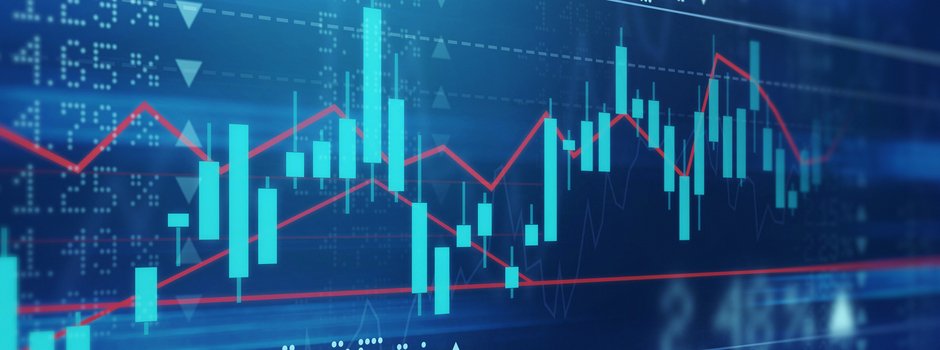
Investing in Singapore has become more popular due to people looking to expand their financial portfolios. But when it comes to stock and forex trading, there are some key differences that any investor should be aware of before jumping in. This article will discuss the main distinctions between stock and forex trading in Asia, to help investors to better understand each type of market so they can make informed decisions about where to put their funds.
Margin requirements
One significant difference between stock and forex trading is the margin requirements needed to open a position. With stocks, traders usually need enough capital upfront equal to the total value of the assets they wish to purchase; however, with forex trading, leverage is used to reduce the margin needed. Therefore, investors can start trading with much less capital, but it also means that their potential losses are magnified.
Price movements
The way price moves in stock and forex markets is very different. In stocks, prices tend to move slowly over time as investors buy and sell shares based on news or changes in the company’s fundamentals. On the other hand, currency pairs often experience rapid movements, which can be both good and bad for traders, depending on how they decide to take advantage of them.
Liquidity and volatility
Liquidity refers to how easy it is for traders to enter or exit a position without impacting its overall value. Stock markets tend to be more liquid than forex markets, which makes it easier for traders to buy and sell stocks without affecting the price. In contrast, forex markets are usually more volatile, meaning prices can move quickly in response to even small amounts of trading volume.
Costs
The costs associated with stock and forex trading also differ significantly. Stocks incur broker fees, required minimum balances, commissions on trades and other transaction costs that can add up over time. On the other hand, forex trading often involves lower transaction costs due to the ability of brokers to use tighter spreads on currency pairs. Moreover, forex traders do not require minimum balances or pay per-trade commissions.
Trading strategies
Stock and forex trading also involve different types of strategies. While stock traders use fundamental analysis to decide what stocks to buy and when to sell, forex traders often employ various technical indicators and chart formations. In addition, forex traders typically have access to more specialised tools, such as automated forex trading software, that allow them to pinpoint entry and exit points more effectively than stock traders.
Regulation
The regulation of stock and forex markets varies significantly. In Singapore, stock trading is tightly regulated by the Monetary Authority of Singapore (MAS), which monitors all trades to ensure fair prices and prevent market manipulation. On the other hand, forex trading is largely unregulated in Singapore, and investors need to be aware that this environment may involve more risk. Furthermore, forex brokers operating in Singapore must be registered with MAS and follow specific rules to protect investors’ funds.
How can traders decide which instrument to trade?
While there are several advantages to both instruments, there are also as many risks, making it challenging for traders to decide which instrument to trade. However, there are several factors they can consider to help them make a decision.
Risk appetite
The first factor to consider when deciding between stock and forex trading is the individual’s risk appetite. While stocks are generally less volatile than currency pairs, they can also be impacted by macroeconomic events such as recessions or market crashes. On the other hand, forex markets are more volatile but can offer more significant opportunities if a trader has a sound trading strategy.
Objectives
Traders should also consider their overall objectives when deciding whether to invest in stocks or forex. If short-term gains are the goal, forex trading may be better suited due to its ability to move quickly and provide quick profits. However, investing in stocks may be more appropriate if long-term capital growth is desired.
Available time and resources
Traders should consider the amount of time and resources they have available to them. Currency pairs can rapidly fluctuate and require more time for monitoring prices and making trades than stocks do; thus, those with limited time or resources may find it better suited to focus on stock trading.
